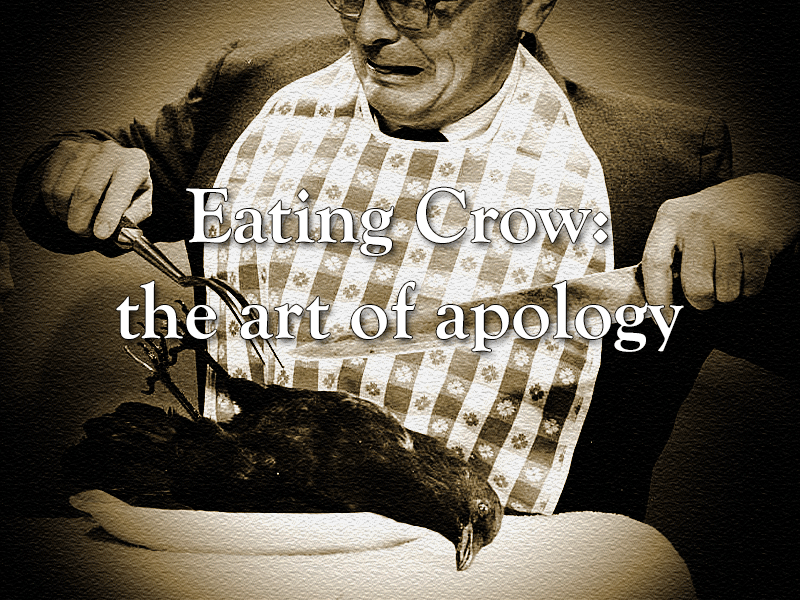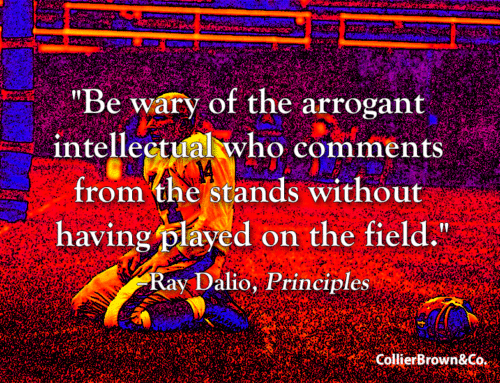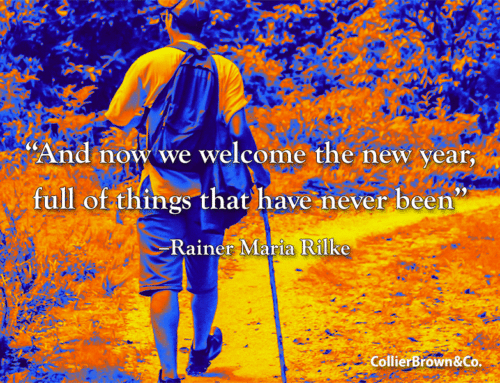“I recently had the opportunity, responsibility and privilege of apologizing to a colleague.”
“You mean you HAD to apologize to someone, right?”
“Well, I didn’t HAVE to, I chose to take advantage of the opportunity to clear things up. It was my responsibility in that I contributed to the misunderstanding at least 50%. It was a privilege to clarify things through a little humility.”
“Wow!”
This was the dialogue between me and a friend regarding a misunderstanding that had taken place. My friend generously wanted to give me credit for being a great person for the way this was handled. Not really. My intent was much more practical in nature: I had become more interested in a right outcome than being right. The desire to be right helped create the misunderstanding in the first place!
As my mind began ticking off my few remaining options, I remembered that a sincere – and therefore effective – apology involves three irreplaceable and interconnected parts:
Responsibility – Own it. “I messed up.” No excuses. No equivocation. Bare naked ownership.
Repentance – Have a contrite heart. “I’m sorry.” Be specific: not sorry because I have to apologize, but because I did/didn’t do/said ____, that caused problem/pain/embarrassment/misunderstanding.
Restitution – Repair it (if possible). “How can I make this right?” Words are too easy, take action.
Apology is not just a social nicety. It is an important ritual, a way of showing respect and empathy. It has the ability to disarm (both parties) and to prevent further misunderstandings.
How did my situation turn out?
I apologized (by the book; all three steps). My colleague paused for a moment, smiled and said, “No apology necessary. We had a disagreement, that’s all.” He went on to say, “I heard you. I took your advice and did exactly as you were suggesting. Did you hear me?
“I’m not sure. Please tell me one more time. I’m listening.” He did, I heard him, and we both agreed that he had made a valid point that needed consideration.
We both wanted the same thing: a right outcome. We got distracted and very much side-tracked by “being right”. The apology disarmed both of us. We got back and the right thing got done.
I never knew crow could taste so good.
In Other Words…
“Never ruin an apology with an excuse.” ― Benjamin Franklin
“Sacrifice is at the heart of repentance. Without deeds, your apology is worthless.”– Bryan Davis
“Deep regret goes further than just saying you are sorry. Deep regret says that if I could turn the clock back, and if I could do anything about it, I would have liked to have avoided it.” – F.W. de Klerk
“A good apology is like an antibiotic, a bad apology is like rubbing salt in the wound.” ― Randy Pausch, The Last Lecture
In The Word…
“Be kind to one another, tenderhearted, forgiving one another, as God in Christ forgave you.” Ephesians 4:32






